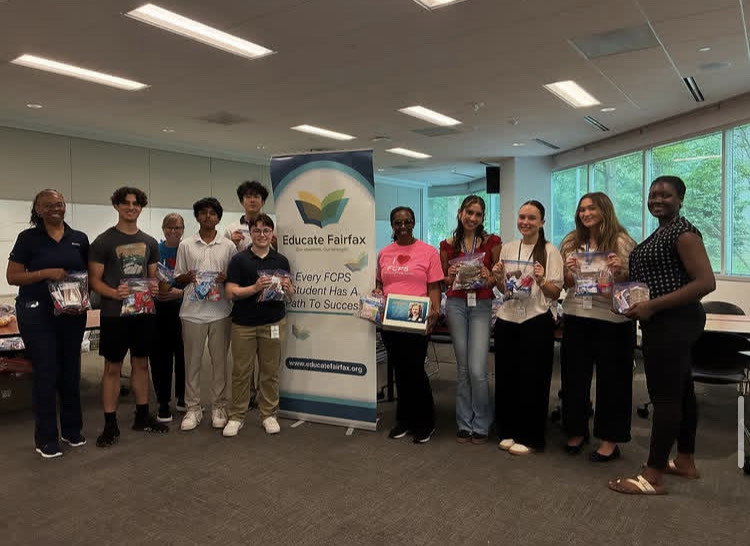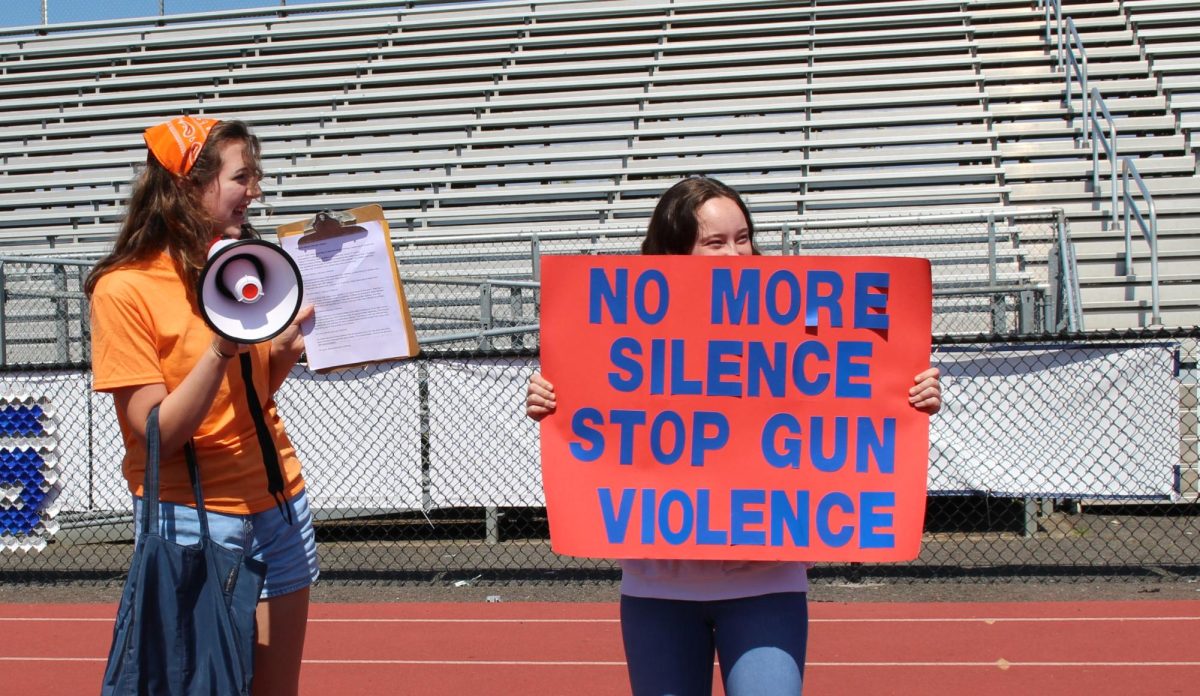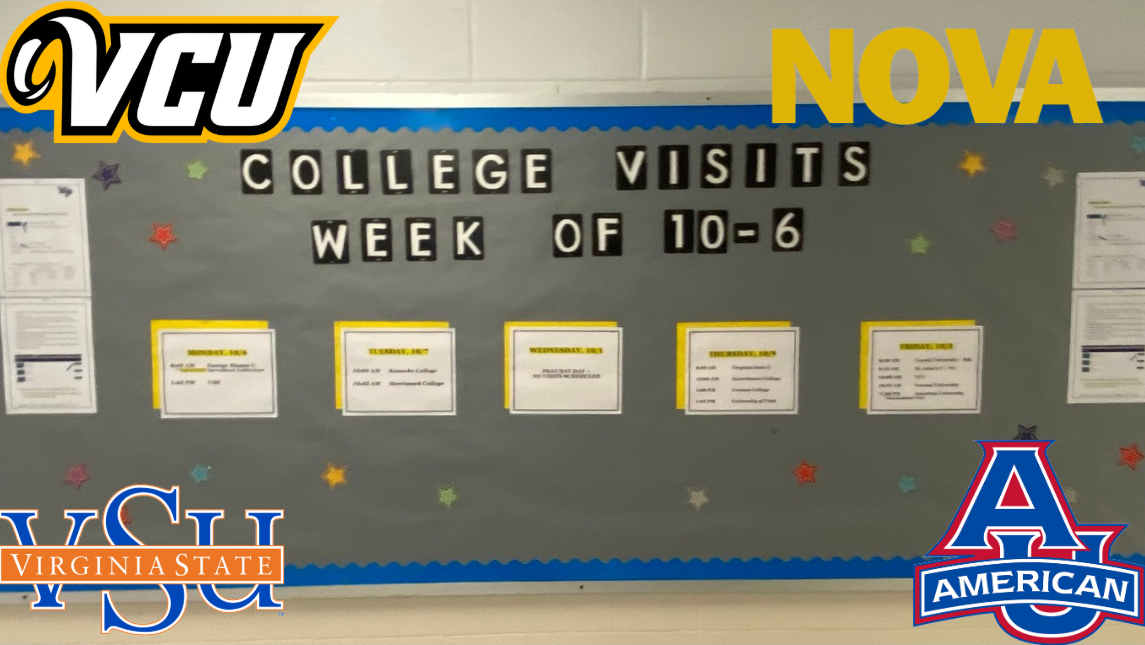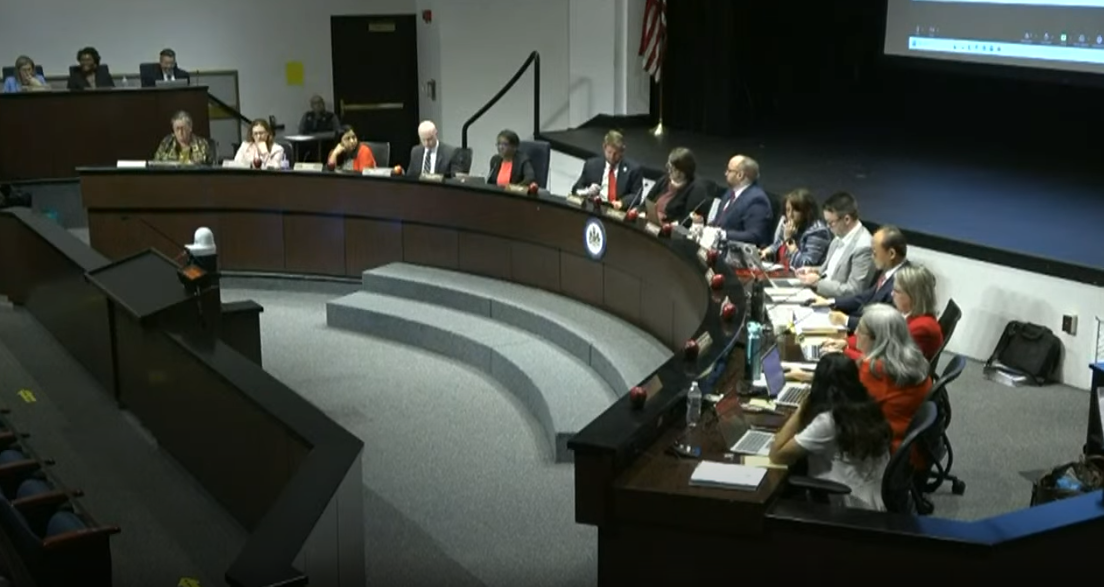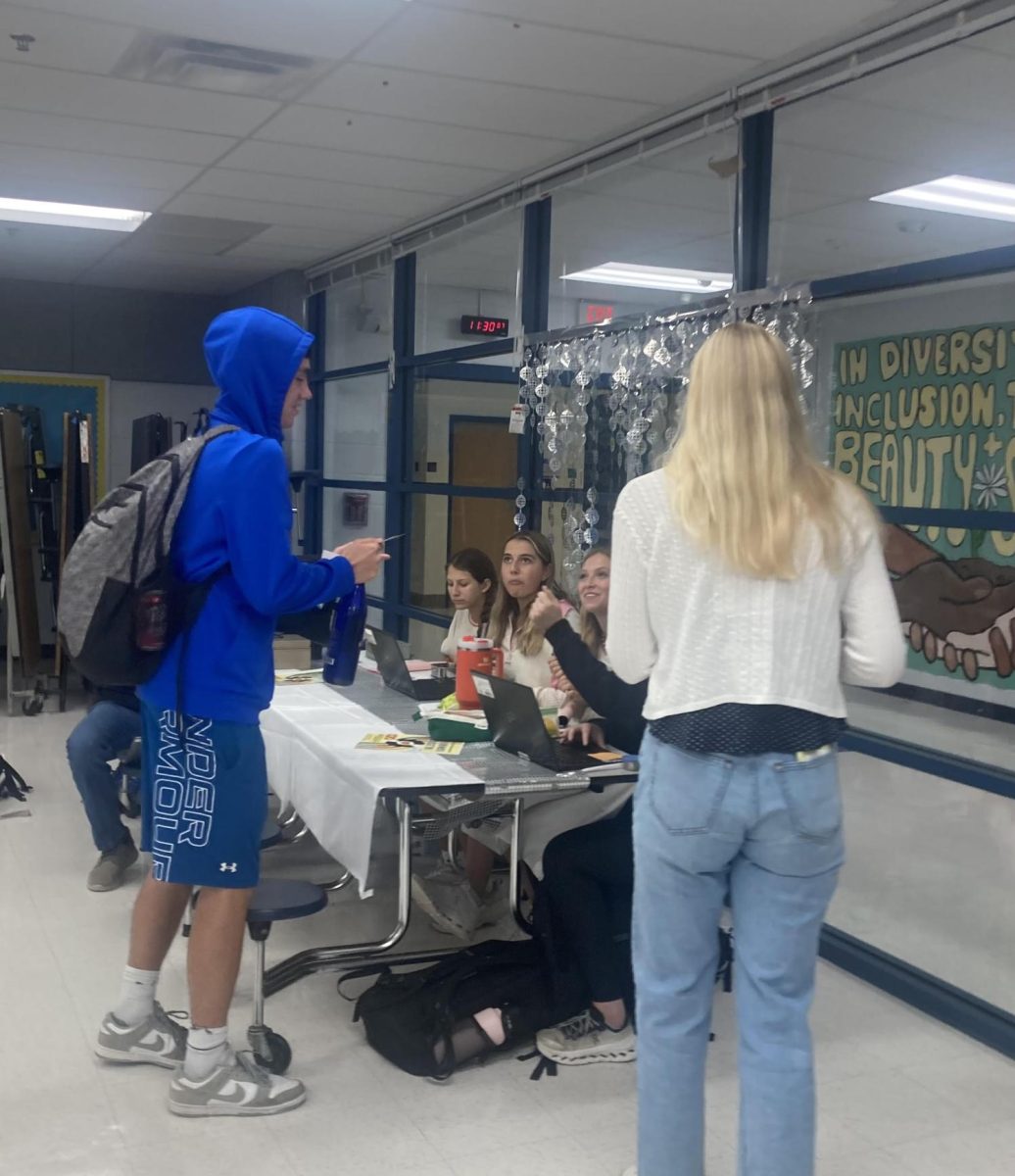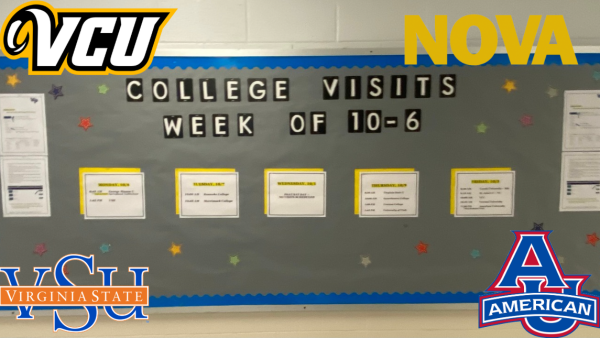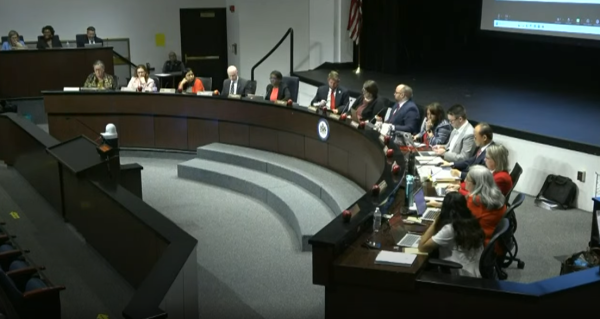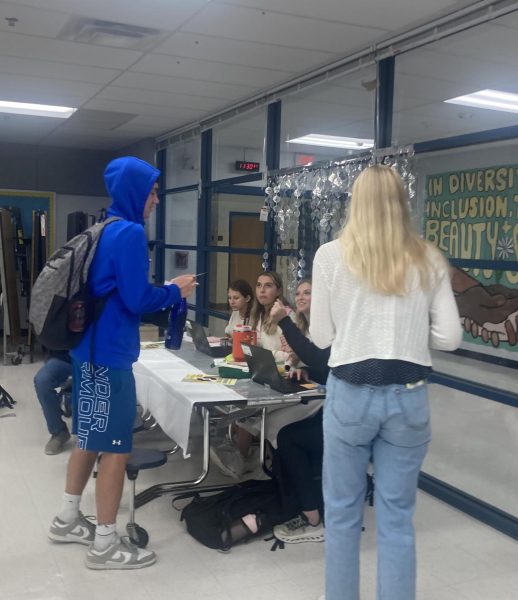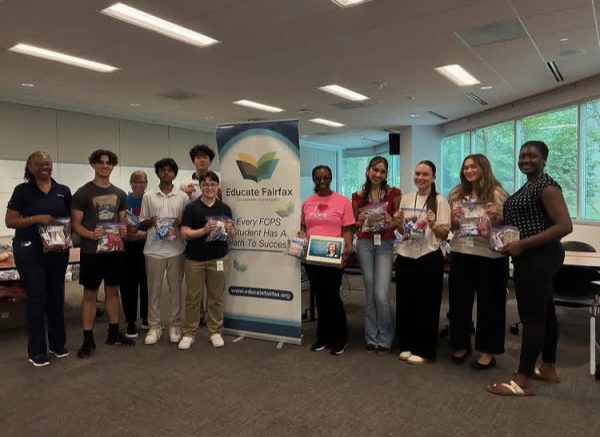Complete Coverage : Mount Vernon Surveyor Editor Defends Yearbook Spreads
This story previously appeared in the December 2015 issue of The Wire.
This article was originally published in the March 2016 issue of The Wire.
In 1988, the Supreme Court case decision for Hazelwood v. Kuhlmeier permanently altered the perception of public school student publications in the eyes of law. Hazelwood East High School’s student newspaper the Spectrum had two articles concerning divorce and teen pregnancy removed from their paper at their principal’s discretion. While the student journalists sued, claiming their First Amendment rights had been violated, they received the exact opposite of what they had hoped for.
The Supreme Court decided that student publications not established as forums of student expression are not granted the same First Amendment protection as independently run student newspapers or publications that have been established as forums of student expression.
The past few decades have seen many triumphs and losses for the First Amendment rights of student journalists, and seeing that Hazelwood v. Kuhlmeier still affects school publications even today, similar cases present themselves wherever high schools report on controversial topics.
As most high school yearbook editors can attest to, some of the most stressful nights of the year can be deadline days. Mount Vernon High School junior Anderson Bonilla is certainly no exception. As editor-in-chief of the Mount Vernon yearbook, the Surveyor, Bonilla oversees his staff’s work and sometimes stays up to late hours on a deadline day to finish spreads. However, nothing could prepare him or his staff for what would become of their work in progress, “Where We Really Live,” the theme of their 2015-16 yearbook.
Their now controversial yearbook spread has subjected them to the headlines of national and international news outlets, after word got out over winter break when their principal protested the inclusion of photos showing a junior at the school who is a teen mom, arguing that documenting this part of her life would become a regrettable decision down the line.
Hannah Talbert, 17, had not only approved of the use of the photos of her pregnant stomach and other photos throughout her pregnancy, but is a big supporter of the idea, telling the Washington Post that regretting her yearbook spread would be like regretting having her son.
The controversy surrounding the teen pregnancy photos stems from the yearbook staff’s decision to focus on the real life perspective of their school, which they have appropriately titled “Where We Really Live.”
“[‘Where We Really Live’] comes from what Mount Vernon is,” said Bonilla. “Everyone is so used to having Mount Vernon painted as this ghetto school with no good sports teams and whole bunch of other stuff. So the theme was to show them that we are so much more than that and that we are real kids with real issues going on.”
Real issues, explained Bonilla, are the changes he wants to see and therefore is making to his high school yearbook. On top of Talbert’s spread documenting her pregnancy, the Surveyor’s work in progress also includes spreads dealing with grief, the lives of LGBT students, the lives of immigrant students and religion.
“In 20 years when I open my yearbook I don’t wanna just read about homecoming and football,” he added. “I wanna read about what was actually happening in my life during that time so I can remember all the good things that came from those memories.”
After meeting with his principal to discuss the spread in question, Bonilla felt that the inclusion of the photos of Talbert would not be allowed. While she didn’t submit a written decision on the photos, Bonilla and his staff feel that they do not have the full consent from their principal to keep them.
“I’ve only met with her [principal] once after all of this and that was because she had security pull me from my English class to give me new regulations on how our yearbook can be published,” he said.
While Hazelwood gives those in authority the permission censor student publications on topics like teen pregnancy, district policy in Fairfax County gives students the right to freedom of expression as long as the material are not “profane, obscene, slanderous, libelous, or violent, using disruptive tactics, or advocating violation of the law or school regulations,” via Article III of Regulation 2612.7. Students are also allowed to submit a written appeal on a decision.
In a way, students are able to experience firsthand the laws and ethics of journalism that they learn about in class. Seeing that cases such as Hazelwood v. Kuhlmeier and Tinker v. Des Moines play such a crucial role in the photojournalism curriculum, the real world experience they gain is extremely beneficial.
“In my opinion, one of the best ways to learn about being a citizen in the United States is to actually work through a situation like this in the real world,” said the Surveyor yearbook advisor Sam Hedenberg. “My students are doing a great job with that, and I hope they have gained some valuable life experience from the situation that will be helpful to them in the future.”
While Bonilla and the Surveyor staff are hoping for the best, one thing for sure is that the significance of “Where We Really Live” will have a long-lasting impact on the Mount Vernon community for years and years to come.
“The yearbook as an industry has evolved,” said Hedenberg. “It tells more stories now, not just about the homecoming queen and the captain of the football team but the loners, the kids who don’t play sports or participate in clubs but who are artists or work two jobs to help their mom pay rent. Or, you know, students who have children. To me, that mission of telling the “real” story serves a much larger purpose than most people really understand.”



